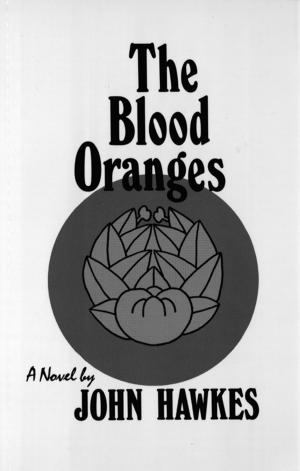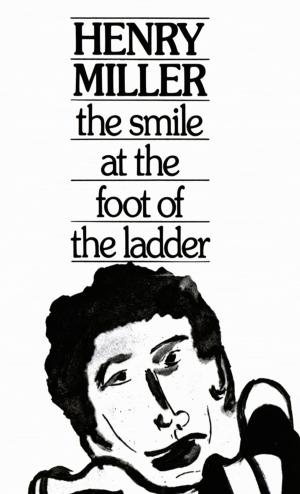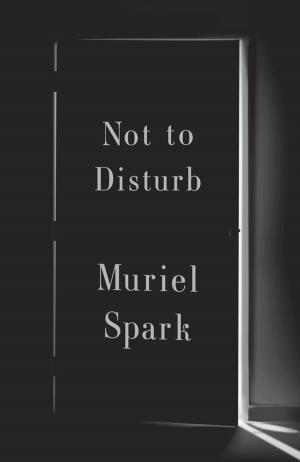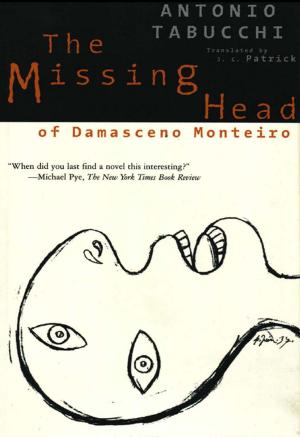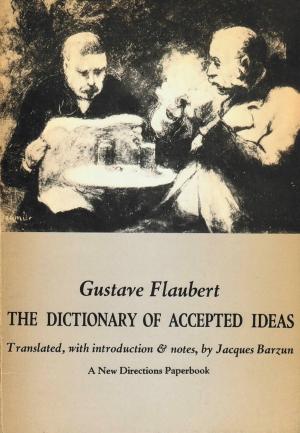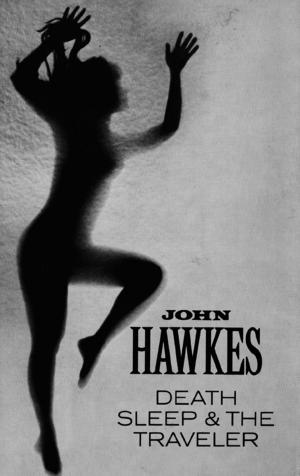| Author: | Nathanael West | ISBN: | 9780811219389 |
| Publisher: | New Directions | Publication: | June 23, 2009 |
| Imprint: | New Directions | Language: | English |
| Author: | Nathanael West |
| ISBN: | 9780811219389 |
| Publisher: | New Directions |
| Publication: | June 23, 2009 |
| Imprint: | New Directions |
| Language: | English |
"A primer for Big Bad City disillusionment, unsparing in its portrayal of New York's debilitating entropy."—The Village Voice. With a new introduction by Jonathan Lethem.
First published in 1933, Miss Lonelyhearts remains one of the most shocking works of 20th century American literature, as unnerving as a glob of black bile vomited up at a church social: empty, blasphemous, and horrific. Set in New York during the Depression and probably West's most powerful work, Miss Lonelyhearts concerns a nameless man assigned to produce a newspaper advice column — but as time passes he begins to break under the endless misery of those who write in, begging him for advice. Unable to find answers, and with his shaky Christianity ridiculed to razor-edged shards by his poisonous editor, he tumbles into alcoholism and a madness fueled by his own spiritual emptiness.
During his years in Hollywood West wrote The Day of the Locust, a study of the fragility of illusion. Many critics consider it with F. Scott Fitzgerald's unfinished masterpiece The Last Tycoon (1941) among the best novels written about Hollywood. Set in Hollywood during the Depression, the narrator, Tod Hackett, comes to California in the hope of a career as a painter for movie backdrops but soon joins the disenchanted second-rate actors, technicians, laborers and other characters living on the fringes of the movie industry. Tod tries to seduce Faye Greener; she is seventeen. Her protector is an old man named Homer Simpson. Tod finds work on a film called prophetically “The Burning of Los Angeles,” and the dark comic tale ends in an apocalyptic mob riot outside a Hollywood premiere, as the system runs out of control.
"A primer for Big Bad City disillusionment, unsparing in its portrayal of New York's debilitating entropy."—The Village Voice. With a new introduction by Jonathan Lethem.
First published in 1933, Miss Lonelyhearts remains one of the most shocking works of 20th century American literature, as unnerving as a glob of black bile vomited up at a church social: empty, blasphemous, and horrific. Set in New York during the Depression and probably West's most powerful work, Miss Lonelyhearts concerns a nameless man assigned to produce a newspaper advice column — but as time passes he begins to break under the endless misery of those who write in, begging him for advice. Unable to find answers, and with his shaky Christianity ridiculed to razor-edged shards by his poisonous editor, he tumbles into alcoholism and a madness fueled by his own spiritual emptiness.
During his years in Hollywood West wrote The Day of the Locust, a study of the fragility of illusion. Many critics consider it with F. Scott Fitzgerald's unfinished masterpiece The Last Tycoon (1941) among the best novels written about Hollywood. Set in Hollywood during the Depression, the narrator, Tod Hackett, comes to California in the hope of a career as a painter for movie backdrops but soon joins the disenchanted second-rate actors, technicians, laborers and other characters living on the fringes of the movie industry. Tod tries to seduce Faye Greener; she is seventeen. Her protector is an old man named Homer Simpson. Tod finds work on a film called prophetically “The Burning of Los Angeles,” and the dark comic tale ends in an apocalyptic mob riot outside a Hollywood premiere, as the system runs out of control.



